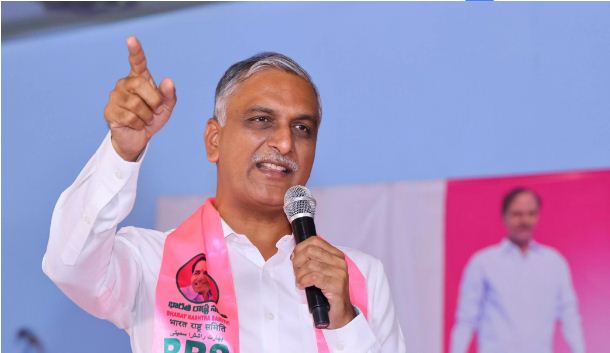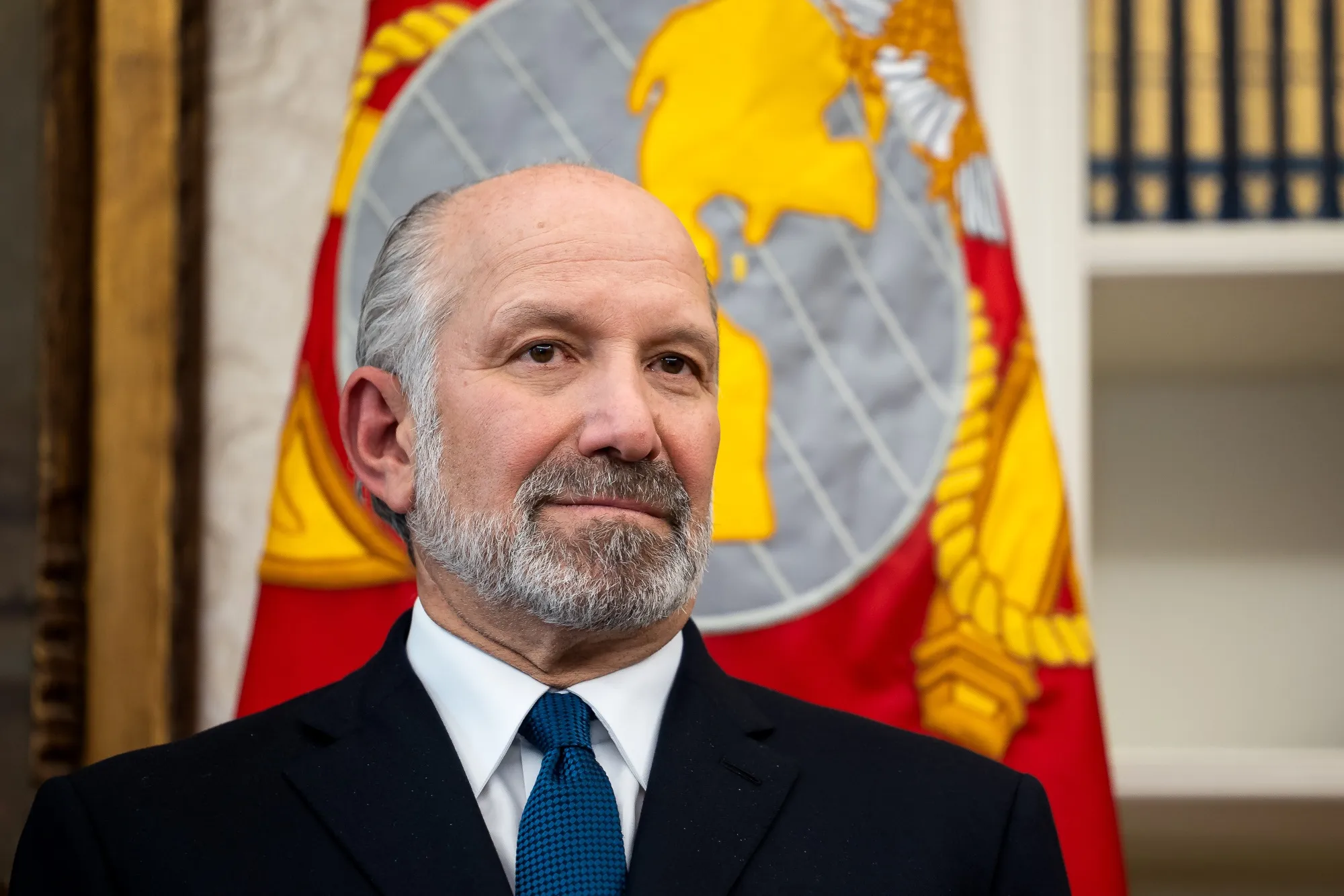Now Reading: Harish Rao Criticizes Congress Government for Deterioration of Telangana’s Education Sector
-
01
Harish Rao Criticizes Congress Government for Deterioration of Telangana’s Education Sector
Harish Rao Criticizes Congress Government for Deterioration of Telangana’s Education Sector

Former Telangana Minister and senior Bharat Rashtra Samithi (BRS) leader T. Harish Rao has sharply criticized the Congress-led state government for what he describes as the deterioration of the state’s education sector. Addressing the media, Rao highlighted several issues plaguing educational institutions and accused the current administration of neglecting its responsibilities.
Fee Reimbursement Crisis:
One of the primary concerns raised by Rao is the non-payment of fee reimbursement dues to private educational institutions. He pointed out that approximately ₹1,200 crore remains unpaid, leading to the indefinite closure of around 2,000 colleges across Telangana. These institutions, including degree, engineering, and professional colleges, have been forced to shut down, affecting the academic schedules of over 1.3 million students. Rao emphasized that during the previous BRS government, over ₹20,000 crore was disbursed for fee reimbursements, even during challenging times like demonetization and the COVID-19 pandemic.
Neglect of Educational Welfare Programs:
Rao also criticized the Congress government for discontinuing welfare programs aimed at students. He mentioned the cessation of the ‘CM Breakfast’ program, which was initiated by the previous government to ensure no student goes hungry. Additionally, he highlighted the lack of mid-day meals in schools, inadequate facilities, teacher shortages, and delayed salary payments as significant issues affecting the education system.
Gurukul Schools in Crisis:
The condition of Gurukul residential welfare schools has also come under scrutiny. Rao pointed out incidents of student deaths, food poisoning, and other safety concerns, attributing these issues to the government’s neglect. He called for immediate intervention to address the alarming situation in these institutions.
Unfulfilled Election Promises:
Rao accused Chief Minister A. Revanth Reddy, who also holds the education portfolio, of failing to fulfill election promises. He specifically mentioned the unkept commitment to establish a ‘green channel’ for the prompt release of funds to educational institutions. Rao warned that if the dues are not settled promptly, the BRS would initiate further action to resolve issues in the education sector.
Conclusion:
The criticism from Harish Rao underscores the growing concerns over the state of education in Telangana. With mounting issues ranging from financial dues to infrastructural deficiencies, the current government’s approach to education is facing intense scrutiny. The future of the education sector in Telangana hinges on the government’s responsiveness to these challenges and its commitment to fulfilling promises made to the public.

























